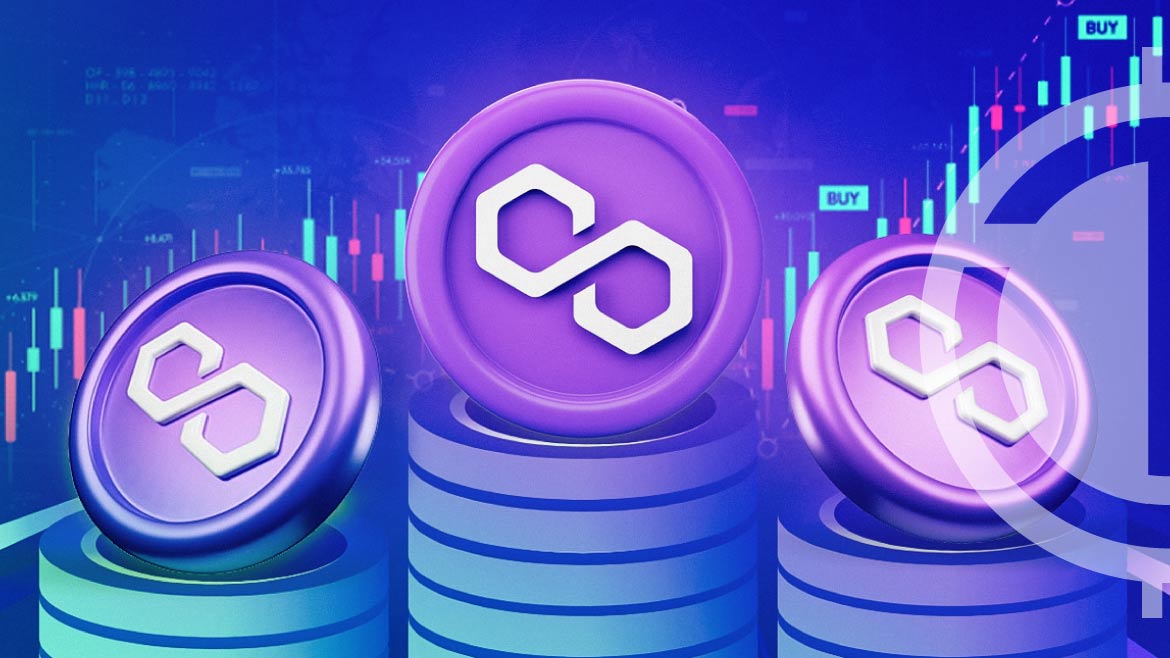Polygon, a leading platform focused on scaling Ethereum, has announced the launch of its new token, POL, as part of its latest network upgrade. Considered a “3rd generation token” following in the footsteps of Bitcoin and Ethereum, POL would play a crucial role in the network’s enhanced architecture.
One of the key features of the POL token is its ability to allow holders to become validators within the Polygon network. This means POL holders could validate various chains and networks that Polygon continuously creates. The launch of POL was announced on Twitter by Polygon, as reported by the news outlet.
1/ Today, the next technical proposal of Polygon 2.0 is unveiled:
POL, the upgraded token of the Polygon protocol! 💫
POL is the next generation native token, designed to secure, align and grow the Polygon ecosystem.
Watch the video to get an idea how cool it is, then 🧵 pic.twitter.com/Gn7KcHpWEY
— Polygon (Labs) (@0xPolygonLabs) July 13, 2023
Notably, the launch of POL marks an upgrade from the previous MATIC token, which would be deprecated as part of this transition. Polygon plans to provide more information on the token’s smart contracts through a forthcoming Polygon Improvement Proposal (PIP), ensuring transparency and community involvement in the upgrade process.
The migration process from MATIC to POL is expected to be a straightforward technical action. Polygon stated that users would need to send their MATIC tokens to an upgraded smart contract, which would automatically exchange them for an equivalent amount of POL tokens. To ensure a smooth transition, token holders would be given ample time, possibly four years or more, to complete the upgrade. The migration process could commence within months if the Polygon community reaches a consensus supporting the proposal.
Mihailo Bjelic, co-founder of Polygon, expressed his aspirations for Polygon 2.0, stating,
The vision for Polygon 2.0 is to create the Value Layer of the Internet. In the same way that the Internet allows anyone to create and exchange information, the Value Layer will allow anyone to create, exchange, and program value.” With the launch of POL and its ambitious roadmap, Polygon is poised to play a significant role in advancing blockchain technology and realizing a decentralized future.
Polygon’s overarching strategy, known as Polygon 2.0, envisions the platform as a network of networks designed to scale Ethereum effectively. This ambitious vision involves creating multiple Polygon-based chains, bridges, and the integration of privacy-enhancing zero-knowledge (ZK) proofs.






